Prof. Dr. Christina Erbe
Germany
Director and Head of Department of Orthodontics, University Medical Center of the Johannes Gutenberg – University of Mainz
- 1994: Study of dentistry, Justus-Liebig-University, Gießen
- 2003: Postgraduate training at the private practice for orthodontics Dr. H. Gerken & Dr. V. Wittler, Mönchengladbach
- 2004: Postgraduate training at the Department of Orthodontics, University Medical Center of the Justus Liebig University Gießen; Director: Prof. Dr. S. Ruf and doctoral thesis supervised by Prof. Dr. H. Pancherz
- 2006: Orthodontist and Research Assistant at the Department of Orthodontics, University Medical Center of the Justus Liebig University Gießen; Director: Prof. Dr. S. Ruf and at the Department of Prosthodontics, Director: Prof. Dr. P.Ferger
- 2007: Orthodontist and Research Assistant at the Department of Orthodontics, University Medical Center of the Johannes Gutenberg- University, Mainz; Director: Prof. Dr. Dr. H. Wehrbein
- 2008: Senior Physician and Assistant Professor at the Department of Orthodontics, University Medical Center of the Johannes Gutenberg-University, Mainz; Director: Prof. Dr. Dr. H. Wehrbein
- 2012: Certificate for advanced training on pain therapy in the maxillofacial region at the Academy for Oral and Maxillofacial Surgery of the German Society for Oral and Maxillofacial Surgery
- 2019: Associate Professor at the Department of Orthodontics, University Medical Center of the Johannes Gutenberg-University, Mainz; Director: Prof. Dr. Dr. H. Wehrbein
- 2020: Habilitation
- 2021: Since July: Director and Head of Department of Orthodontics, University Medical Center of the Johannes Gutenberg-University, Mainz
Main areas of research interests:
Orthodontic treatment of adult patients as well as interdisciplinary treatment, especially in cooperation with oral and maxillofacial surgery, prosthodontics and periodontology.
Basic research on orthodontic tooth movement, interrelation between orthodontics and periodontology, skeletal anchorage. Clinical and experimental studies dealing with modern oral hygiene strategies in patients with different orthodontic therapies.


